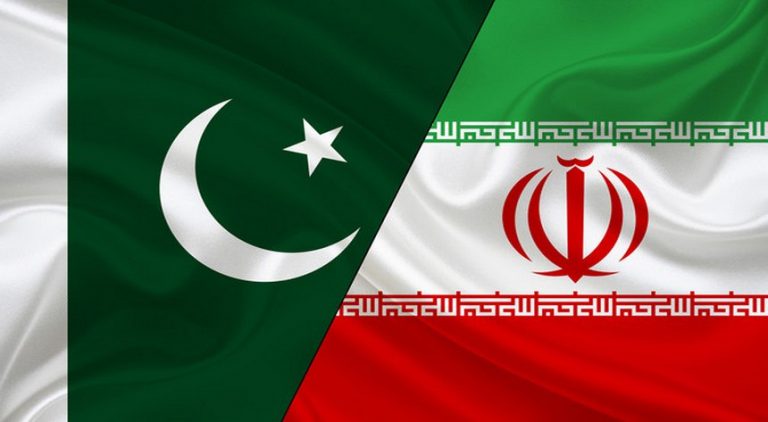 Iran and Pakistan have agreed to “expeditiously” finalise a Free Trade Agreement (FTA), said a joint statement issued by the two sides.
Iran and Pakistan have agreed to “expeditiously” finalise a Free Trade Agreement (FTA), said a joint statement issued by the two sides.
The statement said that “both sides agreed to expeditiously finalise the FTA and hold the next sessions of annual Bilateral Political Consultations (BPC) and Joint Business Trade Committee (JBTC) as well as the 22nd round of the negotiations of the Joint Economic Commission (JEC) in the near future”.
During Iranian President Ebrahim Raisi’s recently concluded visit to Pakistan, Islamabad and Tehran agreed to increase the bilateral trade volume to $10 billion.
The two neighbours also agreed to “enhance mutual interaction through the regular exchange of high-level visits” and facilitate the regular exchange of economic and technical experts, added the statement.
The joint statement further added that the two countries also declared the Reemdan border point as an international border crossing point under the TIR Convention and the agreed upon opening of joint border markets. “They also reiterated the importance of cooperation in the energy domain, including trade in electricity, power transmission lines and Iran-Pakistan Gas Pipeline Project,” the statement said.
Earlier in the day, Raisi departed from Karachi for Iran after the completion of his three-day visit. Governor Sindh Kamran Tessori, Chief Minister Murad Ali Shah and Federal Minister Riaz Hussain Pirzada saw off the Iranian president and his delegation at the Karachi airport.
Prime Minister Shehbaz Sharif and Iranian President Raisi expressed the desire to fight against terrorism through enhanced efforts and bilateral cooperation.
The Iranian president reached Islamabad on a visit that the outside world watched closely against the backdrop of Tehran’s ongoing tensions with Israel.
The two leaders, during a joint press conference on Monday, also announced that the trade volume between the two countries would be increased to $10 billion as Raisi termed the current trade volume “not acceptable”.
It is believed that the US is displeased with the Iranian president’s visit, given its current efforts to isolate Tehran.
Despite this, Pakistan held its ground against pressure and informed the US that the scheduled visit had been arranged well in advance of the current tensions in the region.
Just days before the Iranian President, the US imposed sanctions on four firms including three Chinese companies for allegedly aiding Pakistan’s ballistic and long-range missile program, a move some observers interpret as a signal to Islamabad amid its hosting of the Iranian President. In recent weeks, Pakistan has expressed interest in initiating work on the long-delayed Iran gas pipeline project. However, the US issued a warning, cautioning that Pakistan’s decision could trigger sanctions.
Pakistan has often tried to tread a careful path in maintaining ties with Iran and Saudi Arabia. However, officials in Islamabad feel that this time Saudis don’t have much reservations given their own relationship with Iran improved in recent months.